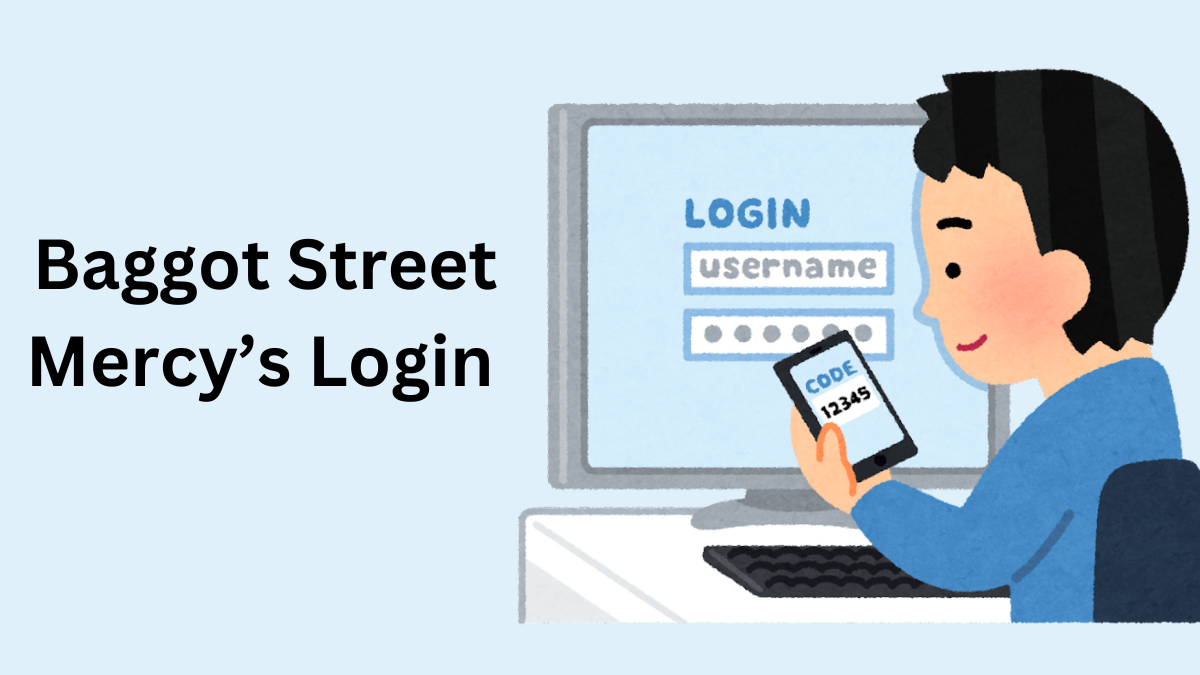Phone habits can increase the risk of hypertension. Specifically, talking over the phone for 30 minutes or longer increases blood pressure by up to 12%. However, using a hands-free setup didn’t have any effect on the likelihood of developing hypertension.
This claim is based on the peer-reviewed study published inthe European Heart Journal – Digital Health, the renowned journal of the European Society of Cardiology (ESC). It was led by Dr. Xianhui Qin of Southern Medical University in China.
Previous Studies
Preceding research showed evidence of associations between the use of mobile phones and blood pressure. It claimed that blood pressure increases after being exposed to the gadgets’ low levels of radiofrequency energy, even only for a short time.
However, the results were inconsistent, making the correlation between the use of mobile phone use and the risk of hypertension still uncertain. The inconsistencies can be due to the inclusion of various phone functions, such as calling, texting, gaming, and others.
Recent Research
In contrast, this recent research investigated the relationship between making and receiving phone calls and new-onset high blood pressure in the general population. The data used is from UK Biobank, a large-scale, long-term biomedical database and research resource in the United Kingdom.
The study examined 212,046 non-hypertensive adults aged between 37 to 73 years. Each of the participants made self-reports on their phone usage. This includes how they make and receive phone calls, call preference (hands-free or speakerphone), duration of phone use in a week, and how long they’ve been using their phones, which are all collected through a self-reported digital questionnaire at baseline.
The study specified that the term “mobile phone users” in the research can only be applied to phone users who make or take calls at least once a week. They found that 88% were mobile phone users with an average age of 54 years old.
Before finding the link between their mobile phone usage and new-onset high blood pressure, the study adjusted the following:
- Age
- Body mass index (BMI)
- Sex
- Race
- Inflammation
- Blood pressure
- Blood glucose
- Blood lipids
- Kidney function
- Diabetes and cholesterol medications
- Family history of high blood pressure
- Deprivation
- Smoking status
- Education
Findings
The study found that 7% of the participants (precisely 13,984 out of 212,046) developed hypertension during a median 12-year follow-up. Mobile phone users had a greater risk of developing the condition by 7% than those non-users. The risk increases by 12% if phone users use their phones 30 minutes or more in a week. The findings were similar for men and women.
Conclusion
The study emphasized that its findings are observational. This means it can’t establish causes. For example, the study can’t explain whether a participant’s lifestyle factors, such as stressful jobs, increase the risk of hypertension.
Nonetheless, the study concluded that there may be three “possible” results for their results, including:
- Worsening mental health
- Radiofrequency (RF) electromagnetic radiation (EMR) emitted from phones
- The way participants answer calls over their phones
The study explained that the third possible reason is rather unlikely. However, it’s based on their findings. They found that some mobile phone users who prefer hands-free sets or speakerphones still had higher blood pressure.
The study also highlighted the scope and limitations of their research. It doesn’t represent the wider population. Specifically, the sample predominantly involves healthy white, middle-aged English people.
Moreover, the study was long-term. In other words, it started long ago, particularly over a decade ago. Although the results came out just recently, it’s possible that they can be inconsistent because mobile phones and the way we use them change every year.
How to Prevent and Manage Blood Pressure?
The National Institute of Health said prevention is the most cost-effective way to deal with hypertension. Taking proper medications to control blood pressure is way cheaper than treating cardiovascular diseases that take place when high blood pressure is neglected.
Most medications for blood pressure can be discounted or provided for free by the government. Product promotions like Exclusive Hydrochlorothiazide Discounts and other insurance coverage can also help reduce costs.
The Centers for Disease Control and Prevention (CDC) also suggests living a healthy lifestyle. Eat a balanced and healthy diet, maintain a healthy weight, stay physically active, avoid smoking, limit alcohol consumption, and get enough sleep.
The recent study also recommended making or taking mobile phone calls below half an hour to prevent the risk of developing hypertension. They added to opt for having phone conversations hands-free.
Final Thoughts
In conclusion, the recent study claimed that the longer people take or make phone calls, the higher the risk of hypertension. While further studies are needed to replicate its results, it is significant to today’s global population.
This year, 2023, there are around 7.33 billion mobile phone users. That’s 90.97% of the global population. An estimated 1.28 billion adults suffer from hypertension, one of the leading causes of premature death worldwide. To prevent this, the recent research suggested limiting phone calls to preserve heart health.









